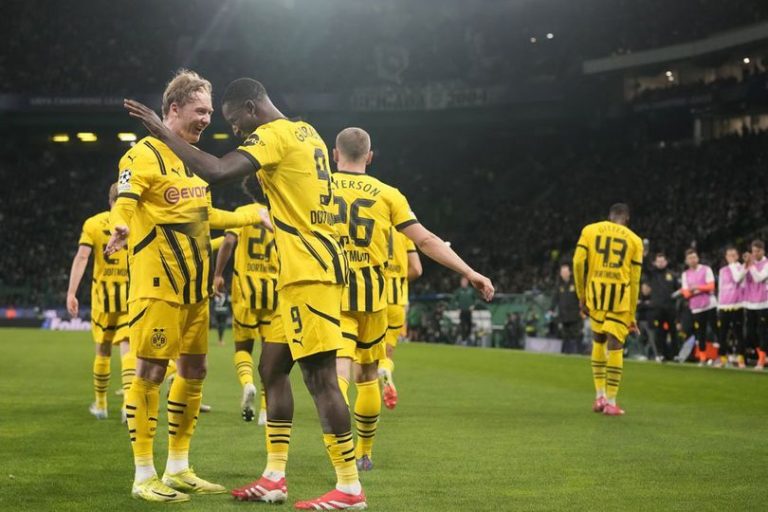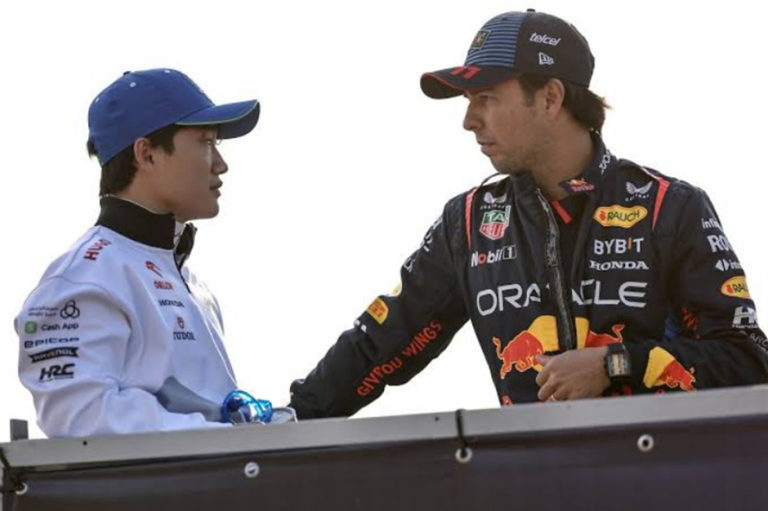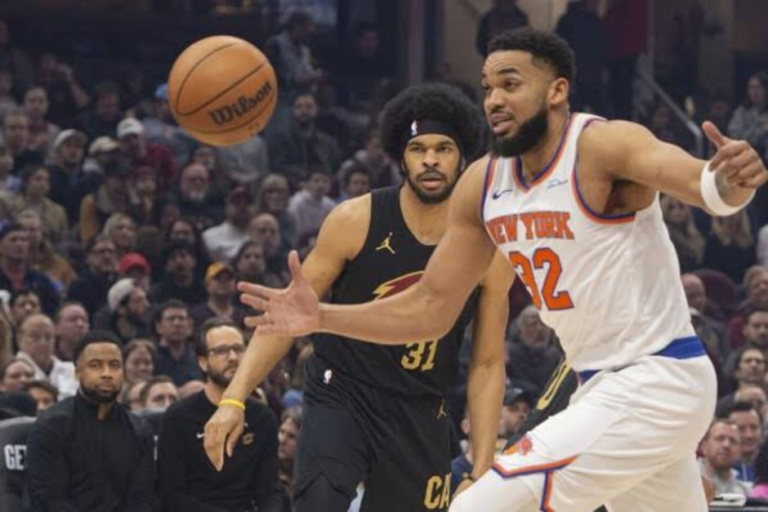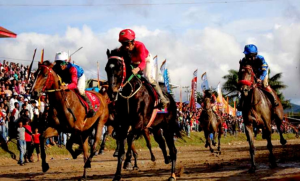Police raided the home of Brazil’s Olympics chief Carlos Arthur Nuzman on Tuesday, accusing him of brokering a deal to bribe International Olympic Committee (IOC) members to bring the 2016 games to Rio de Janeiro with the backing of the former state governor.
A federal judge ordered the seizure of Mr Nuzman’s passport as he was brought in for questioning in Rio about an alleged $2 million (€1.68m) payment in return for the vote of Lamine Diack, former president of the International Association of Athletics Federations (IAAF).
Police were also serving two arrest warrants and conducting search operations as part of the investigation started nine months ago in co-operation with French authorities, police said in a statement.
In Paris, French prosecutors said the investigation had revealed a corruption scheme around Papa Massata Diack, the son of Lamine Diack, who was once an influential member of the IOC.
Brazilian prosecutors said evidence showed a criminal conspiracy headed by former Rio de Janeiro state governor Sergio Cabral, who was convicted this year of taking part in a domestic corruption scheme.
Connections
Prosecutors allege the conspirators led by Mr Cabral gave $2 million for the elder Diack’s influential vote to bring the 2016 Olympics Games to Rio, with Brazilian Olympic Committee president Mr Nuzman making the connections on both sides.
The French newspaper Le Monde first reported in March on a payment to the Diack family three days before the 2009 IOC vote to choose the host city for the 2016 games.
Rio lost the first vote to Madrid, but bounced back to win the nomination on a third ballot by 66 votes to 32.
After the publication of the Le Monde report, the IOC said it had started investigating the allegations, and a Rio 2016 Games spokesman said the 2009 IOC vote was clean.
Organisers
Mr Nuzman (75) was an IOC member for 12 years, and one of the most prominent players in bringing the games to Rio. He is now an honorary IOC member and part of the 2020 Tokyo Games commission, which advises organisers how to run the event.
On Tuesday a spokesman for the Rio Olympics declined to comment on the federal police statement.
A media representative for the Lausanne, Switzerland-based IOC said: “The IOC has learned about these circumstances from the media, and is making every effort to get the full information. It is in the highest interests of the IOC to get clarification on this matter.”
Reuters could not immediately contact representatives for Mr Nuzman and Mr Cabral.
















